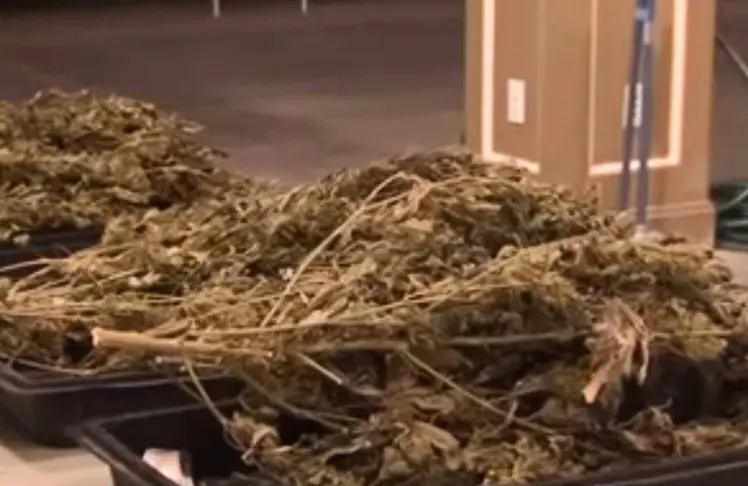
The cannabis industry in Oregon, like many states in the U.S., has experienced significant growth in recent years. However, this expansion has not come without challenges. One of the most pressing issues faced by cannabis businesses in the state is oversupply, leading to a drop in prices and financial strain on producers. In response to this challenge, industry leaders have come together, exemplifying the spirit of collaboration and innovation. This article explores how cannabis industry groups in Oregon have merged to address the issue of oversupply and navigate the complex landscape of the cannabis market.
The Oregon Cannabis Association and the Cannabis Industry Alliance of Oregon voted to merge. Oregon’s cannabis industry, initially met with enthusiasm and promise, found itself grappling with an oversupply problem. A surplus of cannabis products flooded the market, leading to a decline in prices and profitability for growers and producers. This oversupply was a result of the state’s liberal licensing policies and a miscalculation of market demands, creating a challenging environment for businesses to thrive.
“There’s a lot of knowledge, there’s a lot of passion, there’s a lot of really educated folks within the cannabis industry in Oregon,” said Hunter Neubauer, board member of the newly merged group. “Those folks need one place to go to, where they can take a little bit of money that they have, and hopefully become members, and show up with us in Salem and advocate for reasonable regulations and future opportunities for the industry.”
An aspect of the industry groups’ efforts was advocacy for sensible regulations. By working closely with policymakers, these groups aimed to develop regulations that fostered a balanced and sustainable cannabis market. This included advocating for licensing caps, streamlining distribution processes, and creating incentives for environmentally friendly practices. Collaborative dialogue between industry representatives and regulators became essential in shaping a regulatory framework that supported the long-term viability of cannabis businesses in Oregon.
In the face of this challenge, industry leaders recognized the need for unified action. Several cannabis industry groups in Oregon, representing various stakeholders, decided to merge their efforts. By consolidating their resources, expertise, and networks, these groups aimed to tackle the oversupply issue collectively. The merger signified a shift towards a more cooperative and strategic approach to address the challenges faced by cannabis businesses in the state.















